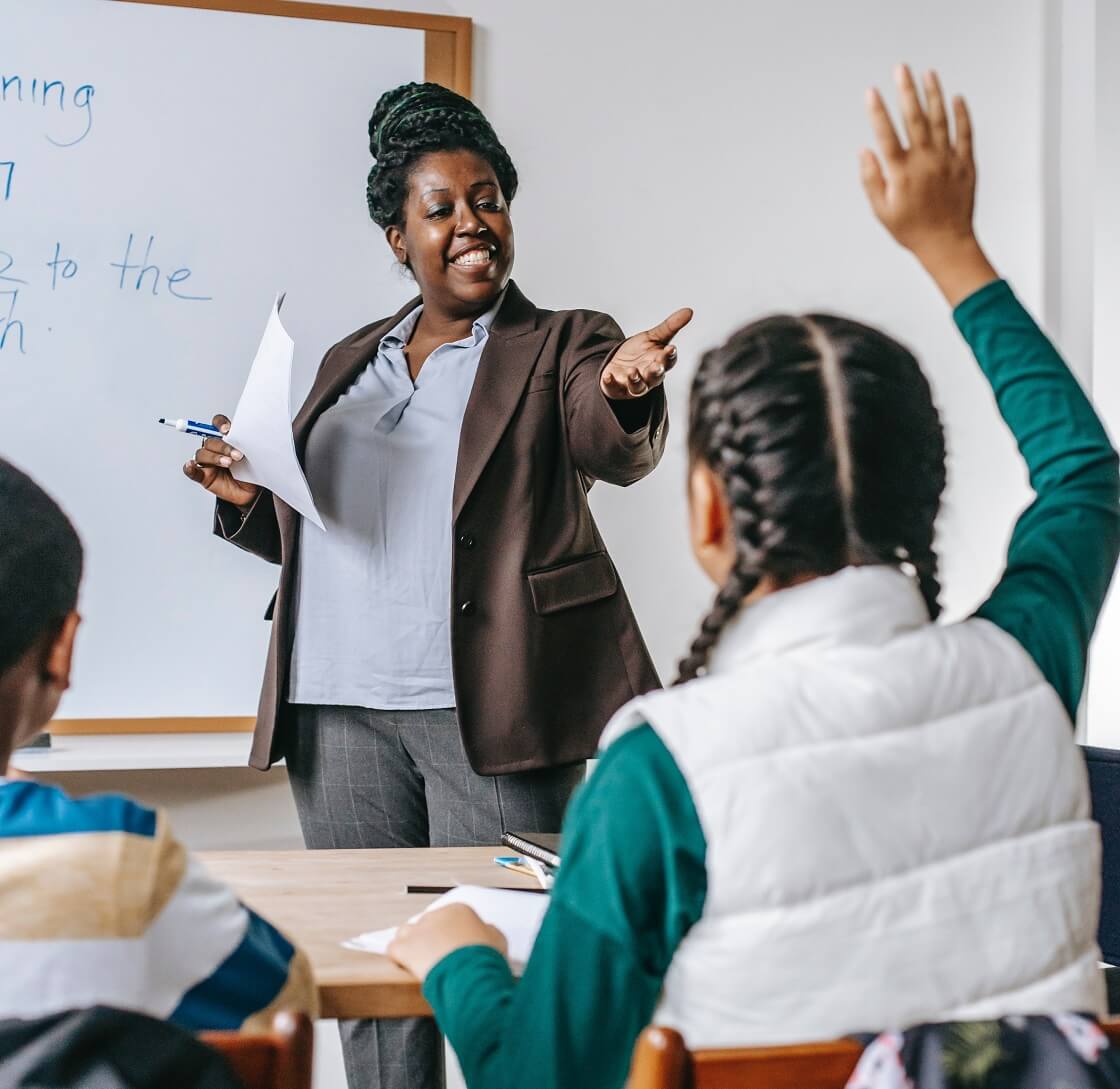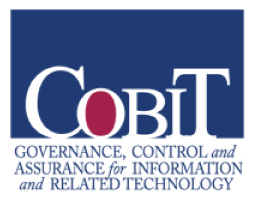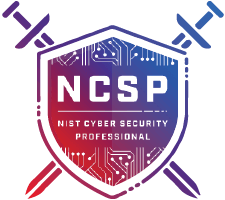As an educator, I have always viewed my success by student learning. If students are learning, then I must be teaching effectively – right? I guess that depends upon how learning is measured. There is research that demonstrates that tying student achievement to teacher evaluation improves student outcomes. However, many teachers voice concerns about their evaluations being tied to student achievement given the multiple variables that affect student achievement. Much of this debate is related to the use of a single measure, high stakes testing, as the primary measure of student performance.
In special education, reliance on the single measure of a high stakes test is not necessary since a direct measure of student learning is available: achievement of IEP goals and objectives. A well-written IEP contains goals and objectives that are designed to be achievable within one year. Demonstrable growth is demonstrated by students throughout the year and this growth is documented through progress monitoring and graphic display of individual student data.
Special education teacher evaluation should include supervisors reviewing this individualized student achievement data and assessing the success of an educator through their student’s learning. Principals are often the professionals conducting teacher evaluations. A special education teacher should feel confident in sharing their student achievement data with their principals. Those graph lines going up, documenting student growth, can be proudly shared as demonstration of teacher effectiveness. Teacher evaluation is a hot-button issue. Special educators are in the unique position of having individualized education plans and individual student data to document their teaching effectiveness.
About the Author

Executive Director of Proof Positive: Autism Wellbeing Alliance
Prior to joining Rethink, she was the National Director for Autism Services at Easter Seals, one of the largest social service providers for individuals with autism. Dr. Wright has a passion for education and has dedicated her career to ensuring that individuals with disabilities are fully included in society.










